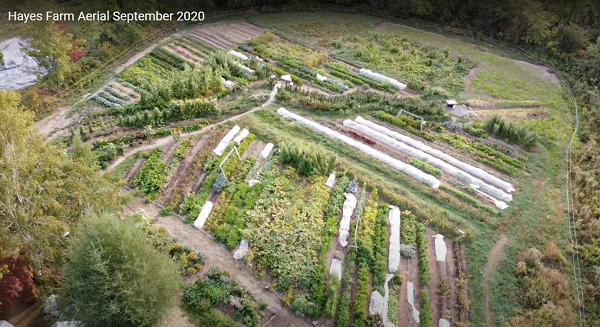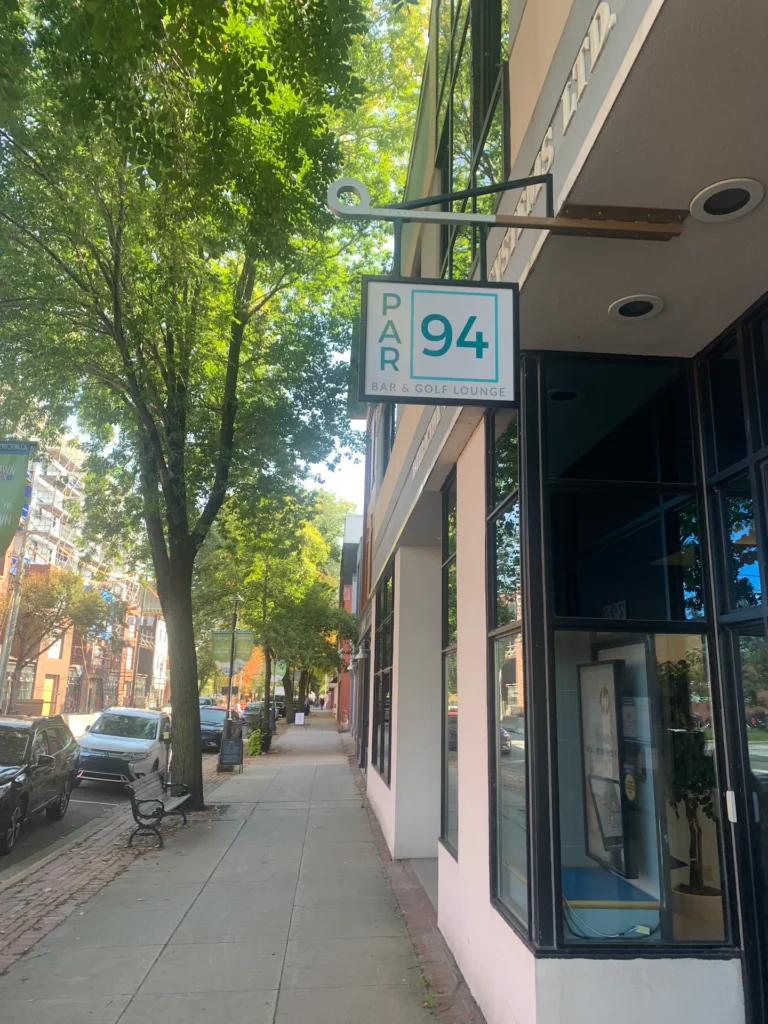With the onset of COVID-19, the farming industry in New Brunswick has faced unique challenges. The essential nature of food production has kept the industry afloat but has forced adaptation of business practices to offset lost revenues.
Cedric MacLeod of Local Valley Beef specializes in beef production. He notes that the loss of restaurant revenue has been a major challenge.
“Historically, our margins move with the restaurant industry. With less patrons dining at restaurants, there is less demand for our beef products.”

Like many other businesses, this has forced the beef industry to adapt to the online world. Local Valley Beef now generates a significant portion of its revenue through online sales and home delivery.
With increased home purchases comes logistical challenges.
“On average, it takes 14 households to sell the same amount of beef as one restaurant. This means 14 orders and 14 deliveries.”
The offerings can be found at www.localvalleybeef.ca. While originally meant for families, there are attractive offerings for student households. 20lb and 25lb packages of assorted beef products are individually packaged and can be delivered to your door for no additional cost.
While the beef industry was hit hard by lost restaurant revenue, the dairy industry did not feel the effects on the same magnitude. Paul Gaunce, Chair of the Dairy Farmers of New Brunswick, notes that COVID-19 did not have much effect on jobs.
“We lost about 8 per cent of total revenue from hotels, restaurants, and other institutions serving our products.” However, this was largely made up from personal sales of dairy products. “Our revenues increased via the grocery store.”
Gaunce says an unforeseen frustration has been simply getting parts for farm equipment. “Getting parts for the farm has been much slower.”
With overall demand and production not changing much, this has been the main challenge to meeting goals during COVID-19.
Students can be sure they are supporting local dairy farmers by looking for the “Blue Cow – Dairy Farmers of Canada” logo on all dairy products in their local grocery store.
Gaunce is incredibly appreciative of all the support the dairy industry has received from New Brunswick workers who make everything possible.
“We are all in this together, and thank God for the frontline workers.”
Outside of the farms serving Fredericton’s restaurants and grocery stores lie small, independent farms serving the community on an intimate, local level.

Within the city limits of Fredericton lies Hayes Farm, a community garden seeking to grow new farmers as much as the crops themselves. Clarie May, the coordinator of Hayes Farm, is enthusiastic about the farm’s programming and ability to adapt to COVID-19 restrictions.
“COVID-19 has been an eye-opener in terms of what our current food system can facilitate. Though we never welcomed it, sometimes a massive event such as this forces us all to reimagine our systems and what needs to be done collectively to make a positive shift.”
As a community farm, volunteers are welcome to assist with the growing and harvesting process. Hayes also provides farming education and intern programs. A member could earn their regenerative farming certificate which prepares them for sustainable farming on a “human-scale.”
“We offer exceptional learn-to-farm programming, which focuses on both practical production skills and also theory and discussion on the social and environmental implications of agriculture.”
All of this has been done with an eye towards COVID-19 safety.
“We did have to reduce numbers in terms of what we were able to accommodate in our programming and the kind and number of events we could offer. On the farm, we adapted by making sure all interns had their own set of tools, distancing individuals, and setting up mobile hand washing stations.”
While winter is almost upon us, Hayes is still offering programming for interested individuals.
“We will be offering some informal winter programming open to anyone. Stay tuned at www.hayesfarm.ca”
May is eager for the 2021 season to begin, and she has helpful advice for anyone looking to begin their farming journey.
“In season, consider buddying up with another veggie-lover and commit to our seasonal weekly veggie share program. If a full shift of buying habits is too much at once, start by choosing one or two things, do your research, and commit!”
MacLeod, Gaunce, and May all express their gratitude for those who commit to buying from local farmers in New Brunswick. The sentiment was clear. It is the local consumer who keeps local business alive. All three express hope for a simpler 2021 season and appreciate the support from UNB student communities.




